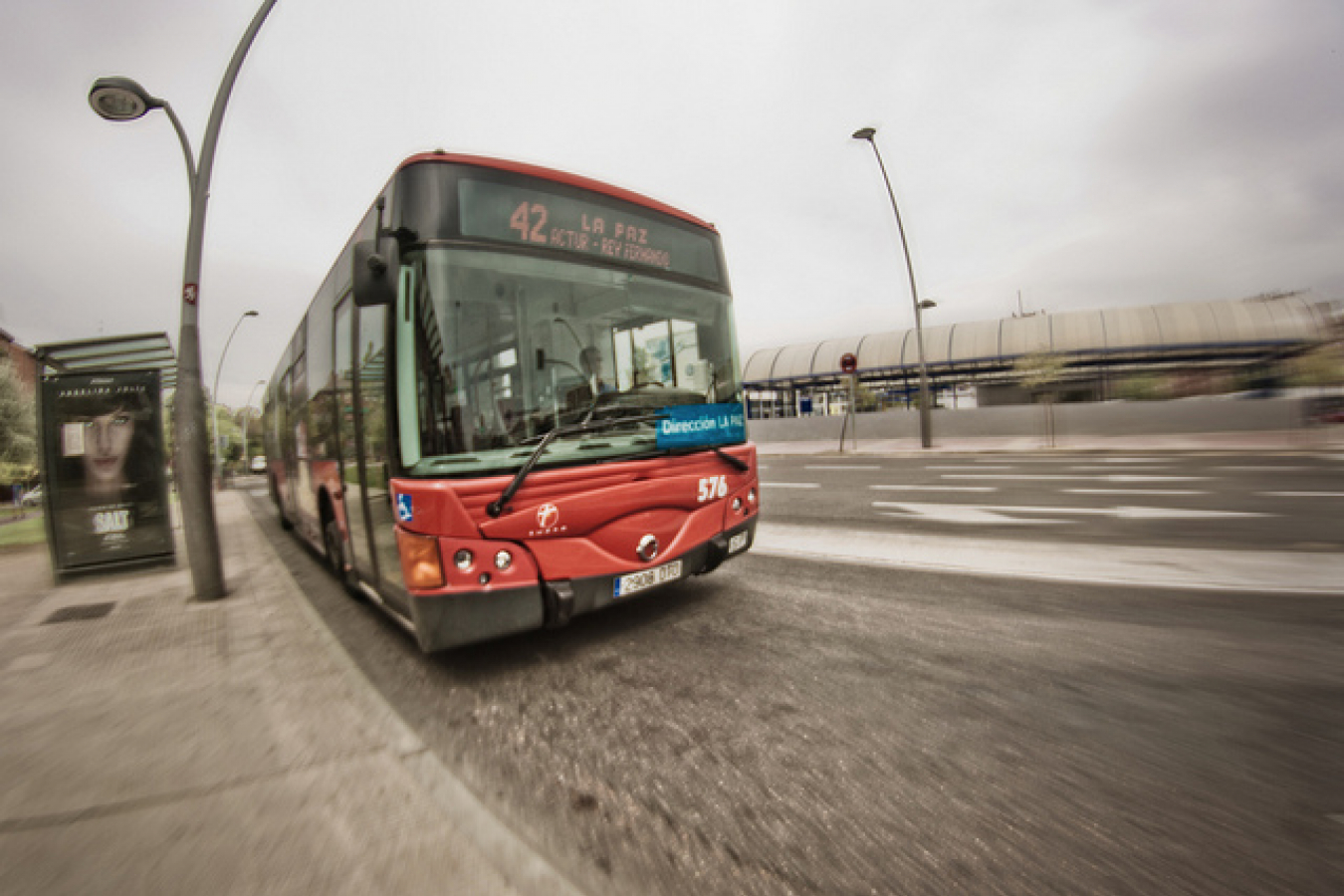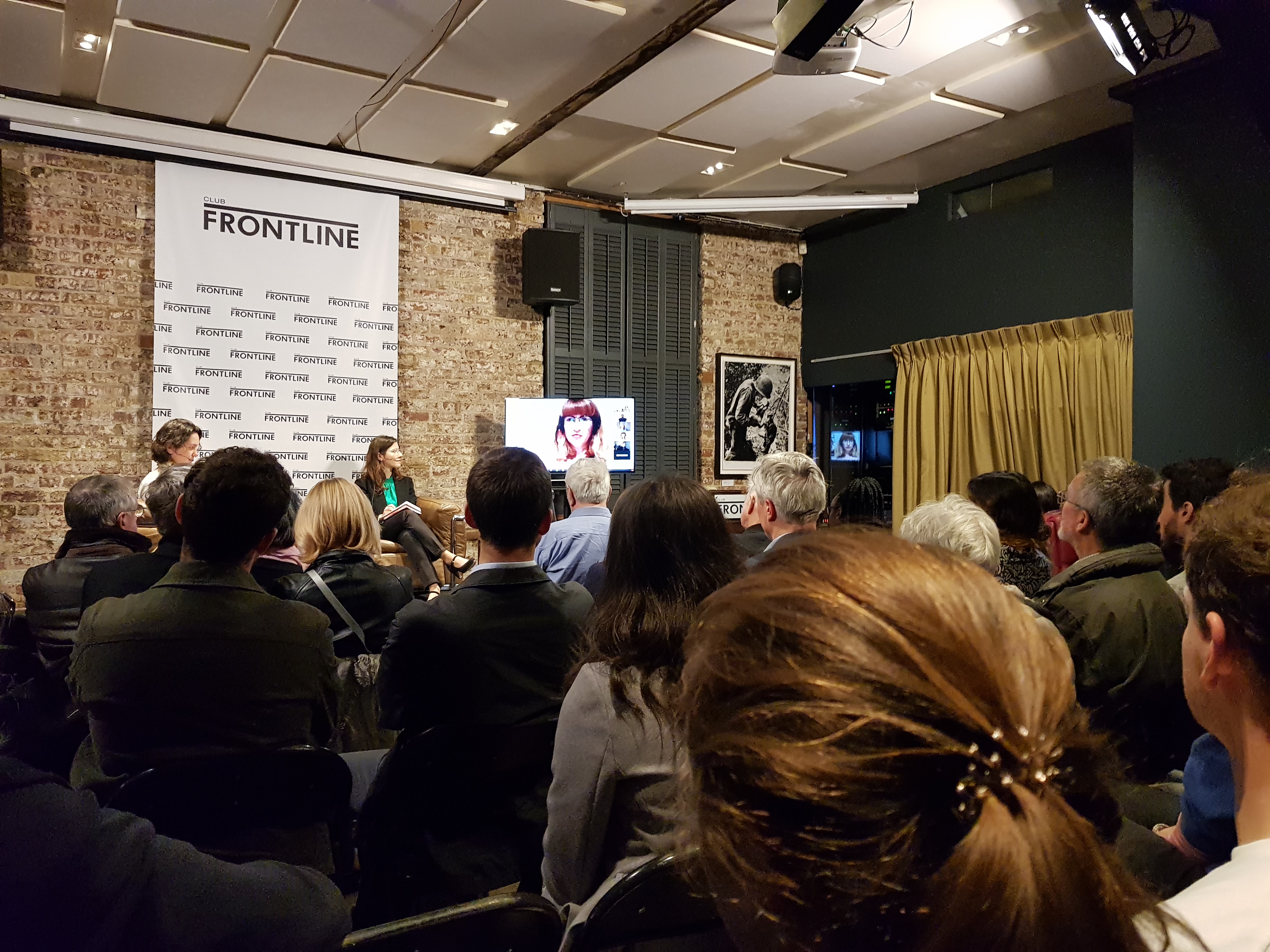Business executives from Spain, with encouragement from the government, are traveling to Senegal to hire workers directly - offering an alternative route to making a dangerous sea journey from Africa to the southern European nation. Many migrants drown by trying to cross to Europe from Africa in poorly equipped and overcrowded boats.
<$adv0>The recruited workers will get contracts, training, and visas while criminal organizations that take advantage of Africans wishing to migrate to the European Union will be cut out of the loop. These trafficking organizations charge extortionate amounts of money and provide no guarantee that the migrants will reach their destination, or even survive.
"We say to the mafias that we will fight them, and to youngsters that they must come to Spain with the help of Spanish entrepreneurs, not risk their lives in canoes," said the Spanish Interior Minister Alfredo Perez Rubalcaba. The minister accompanied the businessman on their trip to Senegal.
A "modern, comprehensive approach to migration"
The effort has the backing of the Senegalese government, which sees the effort as a dignified way of relieving the plight of tens of thousands of Africans who risk their lives every year on the open seas. Many of them are Senegal's brightest, hoping to find work in Europe and send money home to their families.
The president of Senegal, Abdoulaye Wade, feels Spain's approach is a valid alternative to stances taken by other EU countries, such as France. Spain's neighbor has taken an increasingly more hard-line approach to immigration, even offering money to some migrant families if they will return to their home country.
Spain hopes to solve the problem through more practical means and work with the countries involved. Embassies have been opened in Mali, Niger, Sudan, and Cape Verde. Embassies are also planned in Guinea-Bissau and Guinea.
Alvaro Iranzo, Director-General for Africa, the Mediterranean and the Middle East at the Spanish Foreign Ministry, believes that Spain is forging ties with Africa by pioneering a "modern, comprehensive approach to migration."
"What we are trying to do," he said, "is win the cooperation of countries of origin and transit countries to find solutions in which everyone benefits. The challenge requires a multilateral approach," said Iranzo.
Recently, Spanish Interior Minister Alfredo Pérez Rubalcaba paid a two-day visit to Senegal in which he discussed the idea of calling a regional conference on migration with the Senegalese government and neighboring Mauritania, Guinea, Guinea-Bissau, and Gambia.
It was during this visit that he and the minister of labor, Jesús Caldera, announced several hundred job contracts for Senegalese workers.
The delegation to Senegal consisted of executives from fishing, construction companies, and hotel chains. According to Caldera, Spain will set up five vocational schools in the former French colony, with more to follow.
"Senegal is a nation with a future," said Caldera. "Spanish companies need labor and will invest here to develop job contracts."
European Union - African cooperation
Spain hopes to avoid a repeat of the previous year in which at least 35,000 migrants arrived in boats illegally in the Spanish Canary Islands. Air and sea patrols coordinated by the joint efforts of the EU, Spain and Senegal have kept the number to just over so far 4,000 this year.
The European Union has been increasing funding for Frontex during the last year. The border patrol was developed specifically as part of a European Patrols Network for the southern sea borders and coordinates air and sea surveillance and interception among a number of nations.
The success of Frontex activities has garnered more support among African and EU nations. Germany has held the presidency of the European Union for the first half of this and very aggressively pushed to develop, fund and equip the organization during its term.
The developments announced this week with Spanish businesses recruiting directly from Senegal are only the beginning of a much larger effort with several different activities.
Increased patrolling of the borders by Frontex is one aspect of the security and enforcement. Several EU countries are sending specialists into several African countries to help train local law enforcement. Increased documentation and monitoring of potential illegal migration has been agreed upon.
In exchange for other aid, African nations are entering agreements to accept their own nationals back when they are deported from EU countries for illegal entry.
However, all of the governments agree that enforcement-only is probably a losing battle. Removing the incentive to attempt illegal journeys to Europe is seen as the only serious long term and stable solution.
Spain, France and Italy all agreed last year to open job centers in several African nations. In addition, the European Union is providing several types of economic and development aid to the nations in an attempt to help them develop sustainable economies where their own citizens no longer have a need to seek jobs elsewhere.
The EU sees the investment as a long-term solution to secure European borders. The idea is not to seal the borders but, rather, to control migration and immigration for the safety and economic benefit of all EU citizens.
The effort is massive and will take time, but already progress can be seen.
Related:
• Spain and Senegal agree to promote legal migration policy• Spain to patrol coast of Senegal to control illegal migration
• EU races to address illegal African migration before spring
• Scores of African migrants perish at sea, scores more risk their lives
• African migrants attempt entry into the EU via Mediterranean
• EU launches marine border squad
• EU to invest in development of Africa to slow immigration
• EU and Africa meet to discuss migration problems
• Spain reaps large benefits from legal and illegal immigration
• French proposal on immigration divides EU





